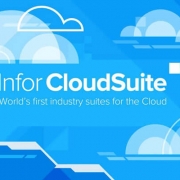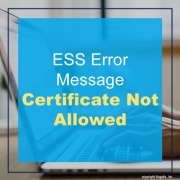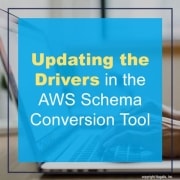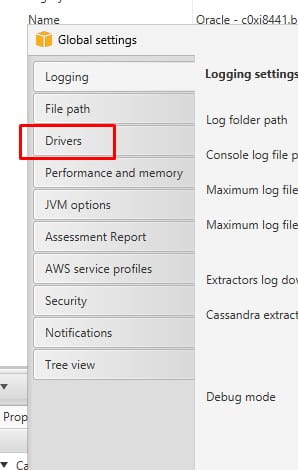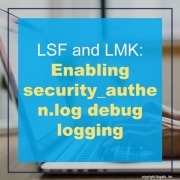In recent news, EAS has chosen Infor CloudSuite Industrial Enterprise for its digital transformation journey in a cloud environment. The project will be implemented by Infor partner 2Win Solutions and is aimed at supporting the growth of the company and the business at an international level. EAS was founded in 1978 as a small local company in Vicenza, Italy and has since become a solid leader in project industrialization services, assembly, automatic testing of electronic boards and creation of electronic and mechanical assemblies for sectors such as medical, railway and automotive, just to mention the main ones. Per the press release, the growth of the company and an ever-expanding market have made it necessary to implement increasingly innovative and high-performing technologies to help guide the company’s development. Moreover, Infor CloudSuite Industrial Enterprise offers manufacturing-specific capabilities, fast, cost-effective implementation, and shop floor and supply chain integration of financial, quality, service, and order management tools available on the Amazon Web Services (AWS) infrastructure — a flexible cloud platform with a high level of security. Additionally, the choice of the cloud environment allows EAS to have software that is always updated with the most-recent features, using the highest-level security protocols available.

